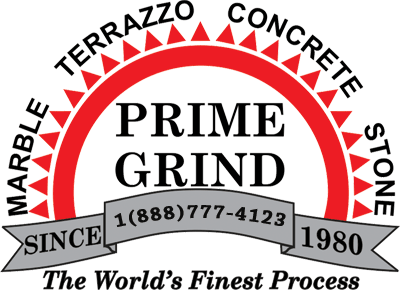FAQs
Find answers to your questions below. If your question has not been answered, please feel free to Contact Us.
Frequently Asked Questions
+ expand all
Densifier is a chemical that is applied to a concrete or stone surface for multiple benefits most common is to increase hardness or density.
Yes. Bleed water and pores causes the concrete surface to be softer than the core. Densification addresses this by reacting to calcium and binding to free lime, creating additional cementitious material and strengthening the surface. This process stops dusting, hardens the surface, and increase the intensity of a polish.
Adhesion is the tendency of dissimilar particles or surfaces to cling or bond to one another. In this particular case, it is the ability that a chemical has to bond to the concrete surface.
When kept clean and dry, polished concrete typically has better traction than untreated concrete or even waxed-covered VCT, and natural stone surfaces.
Cohesion is the action in which like molecules stick together or being mutually attractive. In this particular case, it is the ability of a chemical to stick or adhere to itself.
Abrasion Resistance is a property which allows a material to resist wear. In this particular case, the surface protectant is applied to aid against mechanical wearing, damage and scratching due to high volumes of traffic.
Although outside surfaces can be polished, in most cases it is not the recommended approach. PGI offers many other options that are more practical and safe for outside applications.
There are a lot of variables to be considered when dealing with stains: contaminant type, age, penetration, porosity, substrate type, etc. PGI can inform you of stain removal options after an evaluation is performed.














